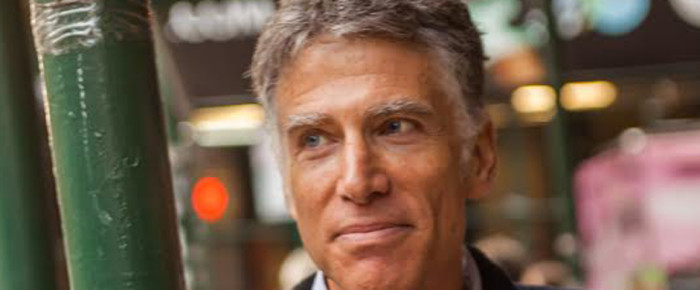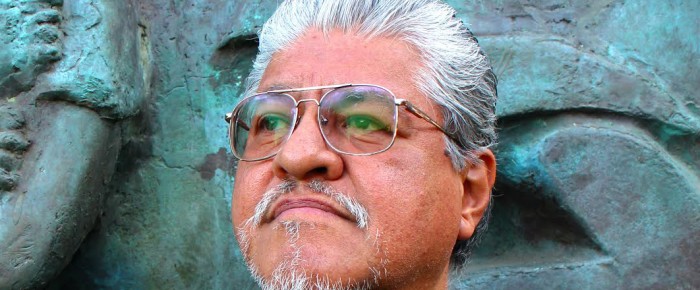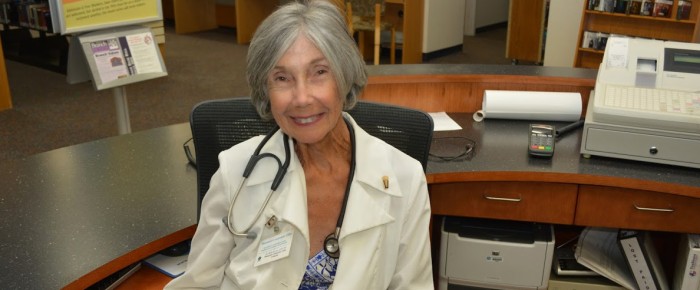For the majority of his life, John Tarnoff says he “was all over the place.” Growing up in New York, he thought he wanted to be an architect, a journalist,…
Read moreCareer coach and TEDx Talk speaker says to reinvent and believe in yourself


For the majority of his life, John Tarnoff says he “was all over the place.” Growing up in New York, he thought he wanted to be an architect, a journalist,…
Read more
Growing up in poverty in South Central and East Los Angeles, Luis J. Rodriguez says he found himself so emotionally empty that he joined a gang at age 11. He…
Read more
Beth Farren, 70, continues living her life doing what she loves most – nursing, teaching, and fitting in the time to play tennis. Originally from Chicago, she has lived in…
Read more